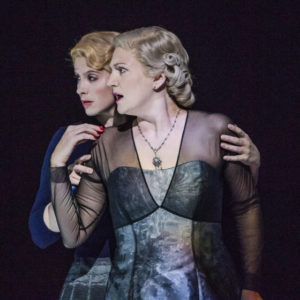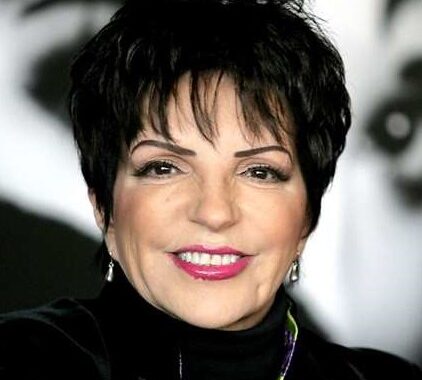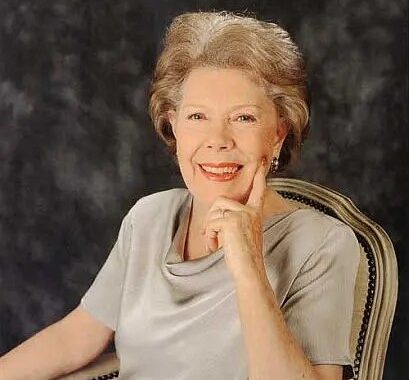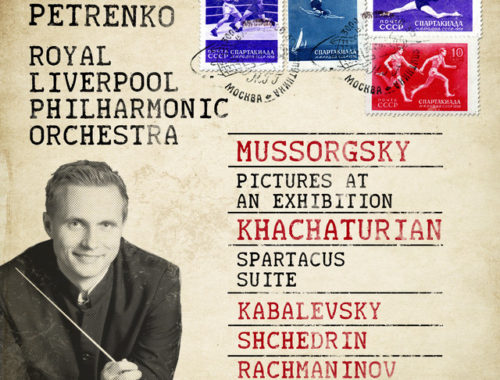GRAMOPHONE: From Where I Sit – October 2018
 When you have been in the business for as long as I have it is especially gratifying to reacquaint oneself with an operatic work one has long admired but never seen staged. Samuel Barber’s Vanessa is such an intriguing piece (posing more questions than it ever manages to answer) that recordings or concert performances which leave the physical staging ‘in the shadows’, as it were, can be strangely satisfying. But it is a stage work and to see it staged at Glyndebourne this year by a director as perceptive and searchingly theatrical as Keith Warner served to clarify some of the questions whilst still leaving the intrigue firmly in place.
When you have been in the business for as long as I have it is especially gratifying to reacquaint oneself with an operatic work one has long admired but never seen staged. Samuel Barber’s Vanessa is such an intriguing piece (posing more questions than it ever manages to answer) that recordings or concert performances which leave the physical staging ‘in the shadows’, as it were, can be strangely satisfying. But it is a stage work and to see it staged at Glyndebourne this year by a director as perceptive and searchingly theatrical as Keith Warner served to clarify some of the questions whilst still leaving the intrigue firmly in place.
It was spooky, too, seeing it in the same week as the Proms West Side Story minus its spoken dialogue – another altogether strange experience suddenly throwing the score into the starkest possible relief – and because both scores begin with the dreaded ‘tritone’ – or augmented fourth – whose unsettling effect immediately shouts ‘thriller’ at you (funny how the expectation of a perfect fifth a semitone short can strike uncertainty or even panic into our expectations) it was fun to see Warner pick up on the Hitchcockian elements of the piece and opt for an environment of mirrors and reflections and all that they imply psychologically. Better yet was his success in tacitly developing the idea that the three women in the piece could actually be three generations of the same woman. Cue that tritone again.
But what hearing Vanessa again really brought home to me was the gratefulness of Barber’s vocal writing and the way it relates to its orchestral surroundings. Hearing a singer like Leontyne Price (lauded recently in my column on a new Met documentary) embrace what Barber called ‘the raptus’ – the moment in which the vocal line separates from its orchestral context – is to appreciate his understanding of how the human voice works and exactly what it is capable of. He was a singer himself and as a composer his natural inclination towards Song made for an intuitive sense of how melody and line work in relation to an accompaniment, be it a solo piano or a late romantic orchestra. Vanessa may not work for some people as music drama, they may well consider it a lot of hot air (I know eminently musical people who do) – but they must surely acknowledge the intense expressivity of what might best be described as the natural correspondence between its music and its words (Menotti).
Writing gratefully for the voice is not given to many. When Barber made a point of saying that to treat the voice as simply another instrument, to treat it like or render it indistinguishable from a clarinet or an oboe, a violin or a cello, is to deny its uniquely ‘human’ qualities. All too frequently ‘contemporary opera’ adopts what might be described as a generic template of vocal pyrotechnics, one which pays scant attention to the specifics of the words or indeed the individuality of vocal fachs? At worst it’s like a series of nervous tics, one character, one voice type, sounding much the same as the next. And how many times have we heard the voice used for dramatic ‘effect’ as opposed to expressive purpose? The perpetrators shall remain nameless – but they could all learn from Barber’s example.




